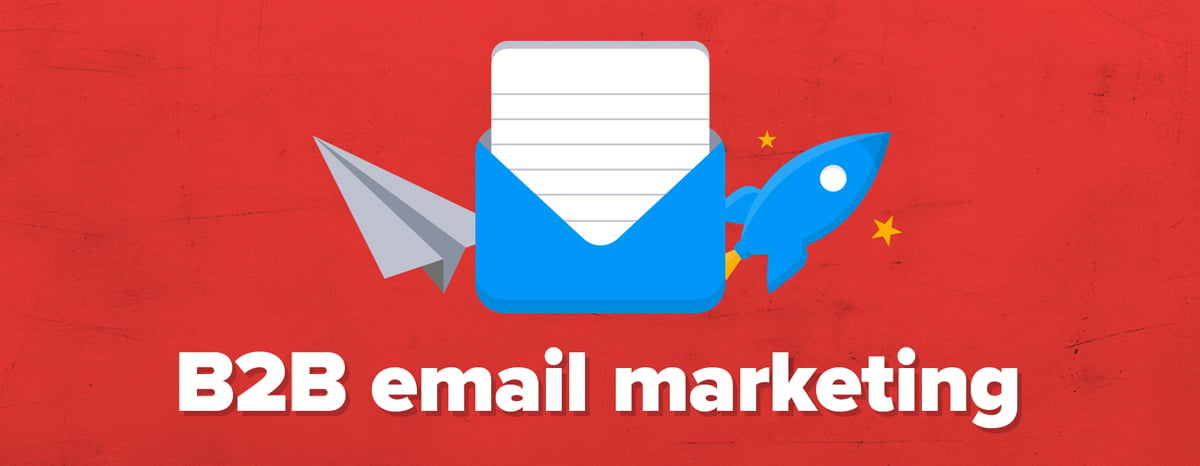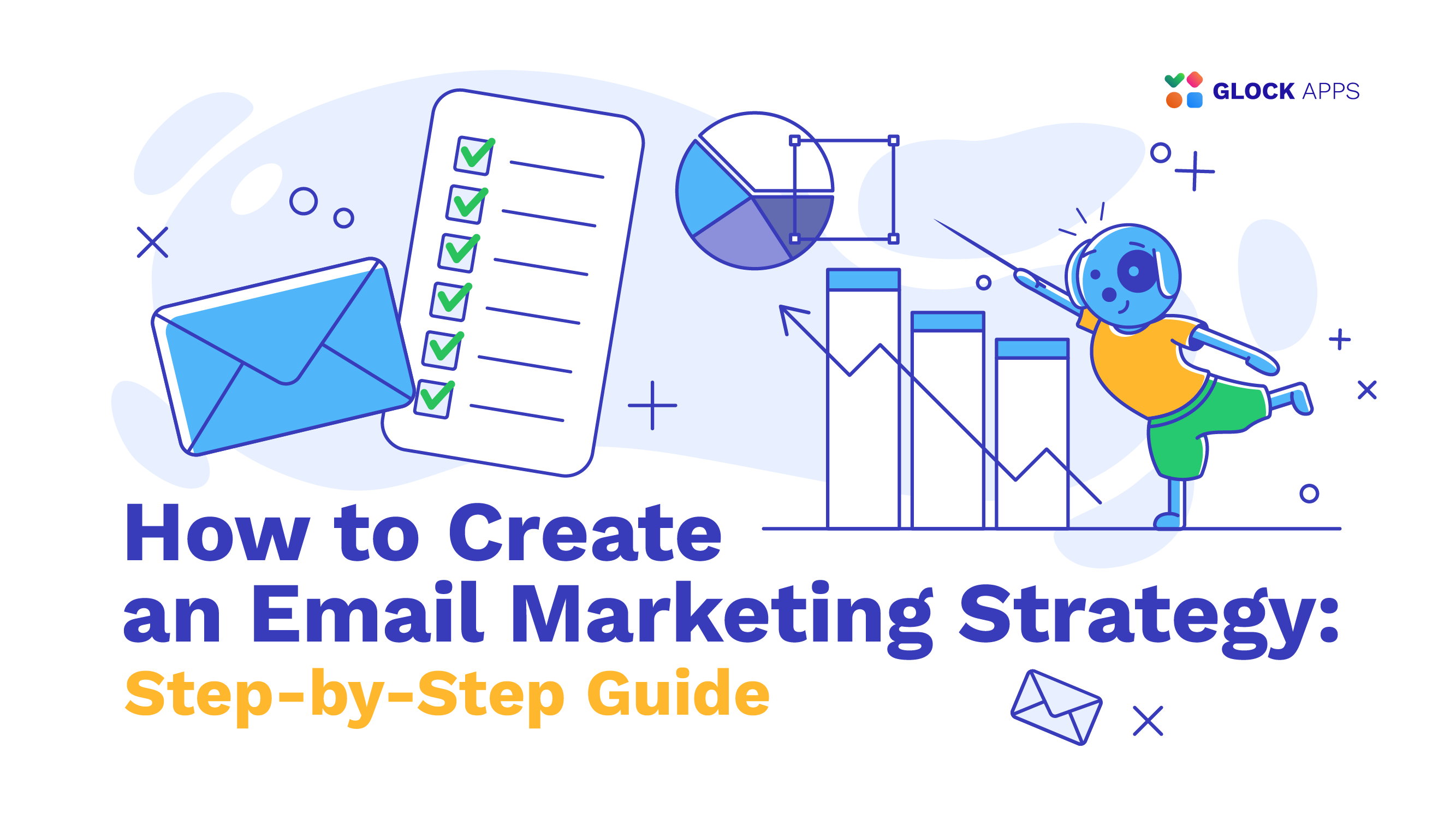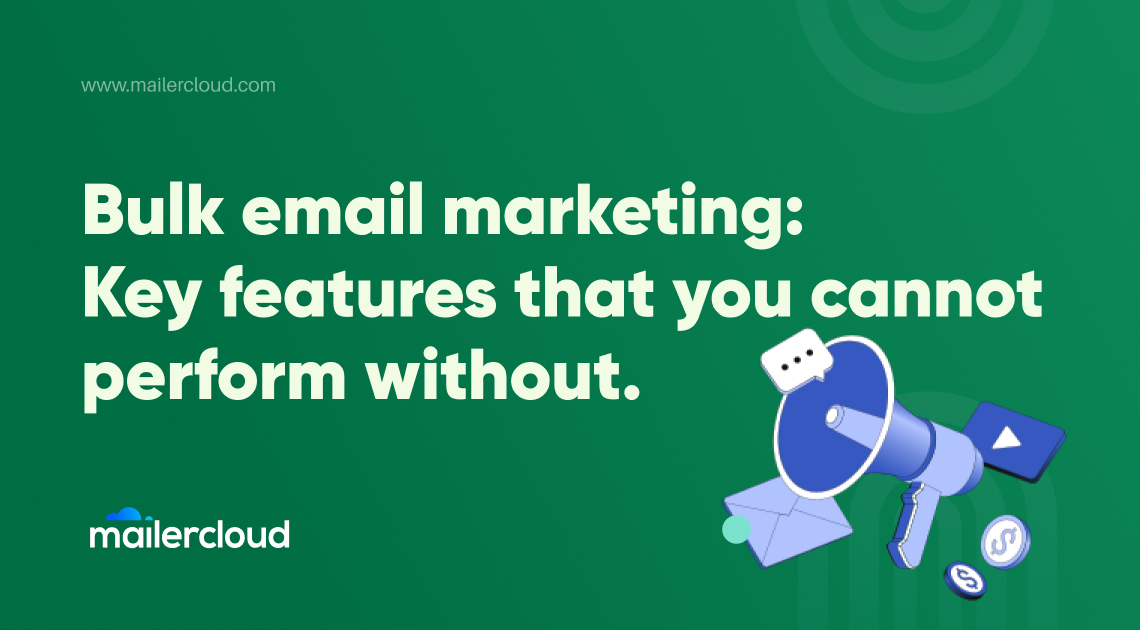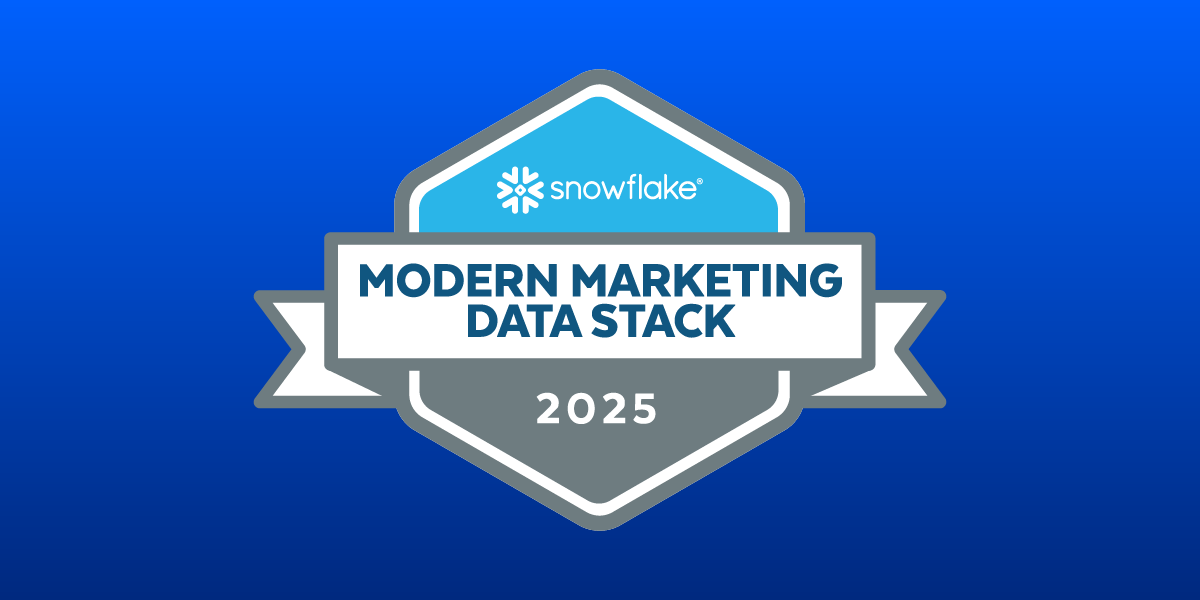Yes, you can get reported for bulk email marketing. Sending large amounts of emails can lead to complaints.
These complaints can harm your business reputation. Bulk email marketing is a popular method for reaching many people quickly. But sending too many emails can cause problems. If people think your emails are spam, they might report you. This can lead to your emails being blocked or your account being suspended.
Understanding the rules and best practices for bulk email marketing is crucial. This way, you can avoid issues and keep your marketing efforts effective. Let’s explore what you need to know to stay safe and successful in bulk email marketing.

Credit: www.superoffice.com
Introduction To Bulk Email Marketing
Bulk email marketing is a common strategy used by businesses to reach many people at once. It involves sending emails to large groups of recipients. This method can be very effective for promoting products, sharing news, or building relationships with customers.
Definition And Purpose
Bulk email marketing refers to the process of sending a large number of emails to a list of recipients simultaneously. The main purpose is to communicate information efficiently. Businesses use it to advertise products, share company updates, or engage with their audience.
This strategy allows companies to reach their target audience quickly. It can be used to drive sales, increase brand awareness, or provide valuable information. Bulk email marketing can be a cost-effective way to reach many people.
Common Uses In Business
There are several common uses for bulk email marketing in business:
- Product Promotions: Businesses send emails to promote new or existing products.
- Newsletters: Companies use newsletters to keep their audience informed about updates and news.
- Event Invitations: Businesses invite customers to events or webinars.
- Surveys: Companies gather feedback by sending surveys to their email lists.
- Customer Engagement: Regular emails help maintain a relationship with customers.
Using bulk email marketing effectively can help businesses achieve their goals. It allows for direct communication with a large audience. Understanding its definition and common uses can help you leverage this tool effectively.
Legal Framework
Bulk email marketing can be a powerful tool for businesses. Yet, it carries risks if not done correctly. Understanding the legal framework is crucial. Failing to follow the law can lead to serious consequences. Let’s explore the key regulations you need to know.
Can-spam Act
The CAN-SPAM Act sets rules for commercial email. It gives recipients the right to stop receiving emails. The law outlines penalties for violations. Here are some main points:
- Do not use false or misleading header information.
- Do not use deceptive subject lines.
- Identify the message as an ad.
- Tell recipients where you are located.
- Tell recipients how to opt-out of future emails.
- Honor opt-out requests promptly.
- Monitor what others do on your behalf.
Gdpr Regulations
The GDPR is a regulation in EU law. It applies to data protection and privacy. It affects how you can send emails to EU citizens. Key points include:
- Obtain clear consent before sending emails.
- Provide a clear and easy way to withdraw consent.
- Ensure transparency about how data is used.
- Allow users to access their data.
- Ensure data is securely stored and processed.
Both the CAN-SPAM Act and GDPR are essential. Compliance is not optional. Violations can result in fines or other penalties. Always stay informed about legal requirements.
Risks Of Bulk Email Marketing
Sending bulk emails can lead to being reported for spam. This may harm your sender reputation and result in penalties. Ensure compliance with email marketing laws to avoid these risks.
Bulk email marketing can seem like an easy way to reach many people. But it comes with risks. Sending too many emails at once can lead to problems. These problems can hurt your business.Spam Complaints
One big risk is spam complaints. People may mark your emails as spam. This tells email providers your messages are unwanted. Too many spam complaints can damage your sender reputation. A poor sender reputation means your emails may not reach inboxes.Blacklist Consequences
Another risk is getting blacklisted. Email providers keep lists of spammers. If too many people mark your emails as spam, you might end up on these lists. Being blacklisted means your emails will not be delivered. This can be hard to fix and can take time. Both spam complaints and blacklist consequences can hurt your marketing efforts. It is important to be careful when sending bulk emails. Always follow best practices to avoid these risks. “`How Reporting Works
Understanding how reporting works is crucial in bulk email marketing. Reporting helps maintain email marketing standards. It also protects recipients from spam.
Who Can Report
Anyone who receives your bulk email can report it. This includes individuals and organizations. Even email service providers can report spam activity.
Reports can come from customers. They can also come from competitors or even automated systems. Awareness of this can help you avoid being reported.
Reporting Process
The reporting process usually starts with the recipient. They mark your email as spam. This action sends a signal to their email service provider. The provider then reviews the email.
If the email violates guidelines, it gets flagged. The provider may block future emails from you. Severe cases can lead to account suspension. Regular monitoring of your email campaigns can prevent this.
Following email marketing best practices can reduce your risk. Always get permission before sending bulk emails. Keep your content relevant and valuable. This ensures a positive experience for your recipients.
Consequences Of Being Reported
Sending bulk emails can lead to serious issues if you get reported. Understanding the consequences helps you avoid pitfalls. Let’s look at the main repercussions of being reported for bulk email marketing.
Fines And Penalties
Getting reported for bulk email marketing can lead to fines and penalties. Many countries have strict laws regarding spam emails. Violating these laws can result in hefty fines.
- In the US, the CAN-SPAM Act imposes penalties up to $43,792 per email.
- In the EU, GDPR violations can cost you up to 20 million euros or 4% of your global revenue.
These penalties can impact your business financially. It’s crucial to comply with email marketing laws.
Impact On Reputation
Being reported for bulk email marketing can damage your reputation. Your business might be seen as untrustworthy or unethical.
Here are some ways your reputation can suffer:
- Your emails may be flagged as spam by email providers.
- Customers may unsubscribe from your mailing list.
- Negative reviews can spread on social media.
Maintaining a good reputation is vital for your business. Avoiding bulk email reports helps protect your brand image.
Best Practices To Avoid Being Reported
Bulk email marketing can be a great tool for reaching many people. Yet, it also comes with risks. One major risk is getting reported for spam. To avoid this, it is crucial to follow best practices. This section will cover two key practices to help you stay compliant and maintain a good reputation.
Permission-based Marketing
Always get consent before sending emails. This means asking people to opt-in. Use clear language to explain what they are signing up for. Double opt-in is even better. It requires users to confirm their email address. This ensures that they really want to receive your emails.
Keep your email list updated. Remove inactive or unengaged subscribers. This reduces the chances of your emails being marked as spam. Make it easy for people to unsubscribe. Include an unsubscribe link in every email. This shows respect for their choices and helps you stay compliant.
Quality Content
Send valuable and relevant content. Avoid sending too many emails. This can annoy your subscribers. Focus on quality over quantity. Make sure your emails are informative and engaging. Tailor your content to your audience’s interests and needs.
Use a clear and compelling subject line. It should reflect the content of the email. Avoid using spammy words like “free” or “urgent”. These can trigger spam filters. Keep your emails simple and easy to read. Use short sentences and clear formatting. This helps ensure that your message gets through.
Tools For Compliance
Bulk email marketing can be a powerful tool for businesses. Yet, it’s essential to stay compliant with legal standards. Using the right tools helps ensure your campaigns follow the rules. This section covers some key tools for compliance.
Email Verification Services
Email verification services help maintain a clean email list. They identify invalid or risky email addresses. This reduces bounce rates and improves deliverability. Some popular email verification services include:
- ZeroBounce: Known for its accuracy and extra features.
- NeverBounce: Offers real-time verification and easy integration.
- EmailListVerify: Affordable and effective for bulk verification.
Using these services ensures your emails reach real inboxes. It also decreases the chances of getting reported as spam.
Compliance Software
Compliance software helps manage and track email marketing activities. This ensures adherence to legal requirements. Key features to look for in compliance software include:
| Feature | Benefit |
|---|---|
| Consent Management | Tracks user consent for receiving emails. |
| Data Encryption | Protects user data from breaches. |
| Audit Trails | Records all email marketing activities. |
Some popular compliance software options include:
- MailChimp: Offers robust compliance features and integrations.
- HubSpot: Known for its comprehensive compliance tools.
- SendinBlue: Provides good compliance features at an affordable price.
Using compliance software helps ensure your campaigns meet legal standards. It also protects your business from potential fines and penalties.

Credit: glockapps.com
Case Studies
Sending bulk email marketing campaigns can lead to being reported for spam. Avoiding this requires following best practices. Ensure content is relevant and permission-based.
Bulk email marketing can be a powerful tool. However, it can also lead to reports if not done properly. Examining case studies helps understand what works and what doesn’t.Successful Campaigns
One company, a small online retailer, sent targeted emails to their loyal customers. They personalized each message based on past purchases. This approach resulted in a 40% increase in sales. They did not face any reports. The key was relevance and personalization. Another example is a non-profit organization. They segmented their email list into different donor categories. Each group received tailored messages. This strategy led to higher engagement and donations. Again, no reports were filed against them. A tech startup also found success. They used a double opt-in process. This ensured that their recipients wanted to receive emails. Their open rates were high, and no reports were received. They focused on quality over quantity.Campaigns That Faced Issues
A large e-commerce site ran into problems. They purchased email lists and sent unsolicited messages. Many recipients marked them as spam. As a result, they faced multiple reports and a damaged reputation. Another case involved a travel agency. They sent frequent emails to their entire list. Many recipients found the emails irrelevant. This led to a high number of unsubscribe requests and reports. Their lack of segmentation was the main issue. A final example is a software company. They neglected to include an easy opt-out option. This frustrated recipients. Consequently, many reported the emails as spam. They learned the hard way about the importance of compliance. Understanding these case studies helps in creating effective email campaigns. Avoid common pitfalls to ensure your emails are well-received. “`Future Of Bulk Email Marketing
The future of bulk email marketing holds exciting possibilities. As technology evolves, so do the methods and strategies used in email marketing. Businesses must adapt to stay ahead and ensure their emails remain effective and compliant.
Emerging Trends
Personalization is becoming increasingly important. Consumers expect emails to be tailored to their interests. Using data to segment audiences can lead to more engaging content. Interactive emails are also gaining popularity. Elements like polls and surveys encourage recipient interaction. Another trend is the focus on mobile optimization. More people check emails on their phones, making mobile-friendly designs essential.
Technological Innovations
Artificial Intelligence (AI) is playing a major role. AI can analyze data to predict customer behavior. This helps in creating more targeted email campaigns. Automation is another significant innovation. It allows marketers to send emails at optimal times based on user behavior. Machine learning aids in improving email deliverability. It identifies patterns that might lead to emails being marked as spam.
Blockchain technology is also emerging in email marketing. It promises to enhance transparency and security. This can help build trust with recipients. Voice search optimization is another area to watch. With the rise of smart speakers, optimizing emails for voice search can provide an edge.

Credit: www.mailercloud.com
Frequently Asked Questions
What Is Bulk Email Marketing?
Bulk email marketing involves sending promotional emails to a large group of recipients simultaneously. It’s often used for advertising, newsletters, and updates.
Can Bulk Email Marketing Lead To Being Reported?
Yes, bulk email marketing can lead to being reported if recipients find the emails unsolicited, spammy, or irrelevant.
How To Avoid Getting Reported For Bulk Emails?
To avoid getting reported, ensure you have recipients’ consent, provide value, and include an easy opt-out option.
What Happens If I Get Reported For Bulk Emails?
If reported, your email account could get flagged, leading to potential blacklisting or suspension by email service providers.
Conclusion
To avoid getting reported for bulk email marketing, always follow best practices. Maintain a clean email list and get permission from recipients. Provide clear opt-out options in every email. Personalize your messages to increase engagement. Monitor your email metrics closely to spot any issues early.
Staying compliant with laws and guidelines keeps your email marketing safe and effective. Remember, respect your audience’s preferences and privacy. This ensures a positive reputation and better results. Happy emailing!



Leave a Reply